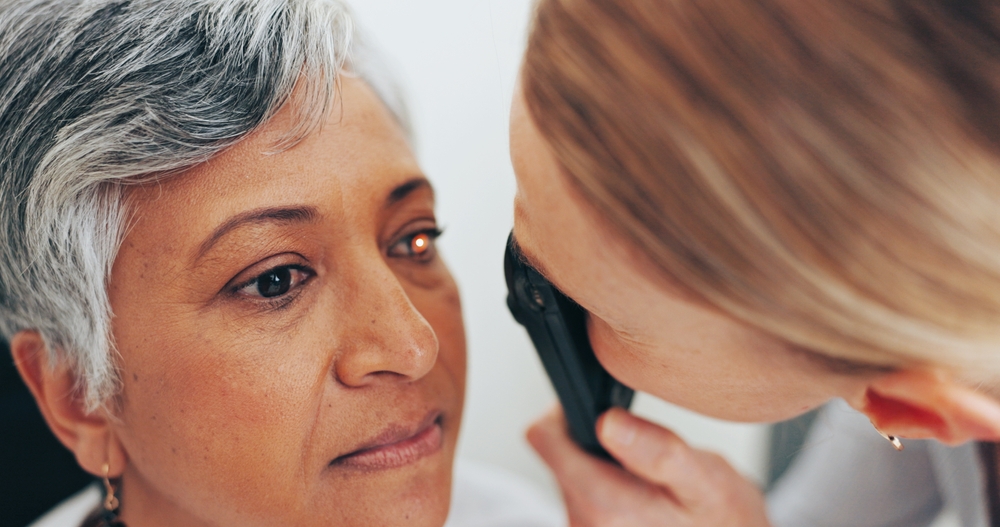
Glaucoma is often called the “silent thief of sight,” and for good reason. Many people don’t realize they have the condition until significant vision loss has already occurred. Understanding how glaucoma develops, its hidden dangers, and its impact on daily life is essential for protecting your vision and maintaining your independence.
What Is Glaucoma?
Glaucoma is a group of eye diseases that damage the optic nerve, usually caused by an increase in intraocular pressure (eye pressure). Over time, this damage leads to permanent vision loss. Because glaucoma often progresses without obvious symptoms, many people don’t know they have it until their vision is already compromised.
The most concerning aspect of glaucoma is its ability to progress silently. Early on, there are no warning signs - no pain, no sudden changes in sight. By the time vision loss becomes noticeable, the disease is already advanced. This makes routine eye exams crucial for detecting glaucoma before it causes irreversible damage.
How Glaucoma Can Steal Your Sight
Glaucoma primarily affects peripheral vision first. You may notice difficulty seeing things out of the corners of your eyes, or feel like you’re looking through a tunnel. As it progresses, it can affect central vision, making it difficult to read, recognize faces, or drive safely. Because vision loss from glaucoma is permanent, early detection and treatment are key to slowing or stopping its progression.
How Glaucoma Can Affect Your Daily Life
Living with untreated or advanced glaucoma can make everyday tasks more challenging. For example:
Driving - Reduced peripheral vision can make it harder to see cars, pedestrians, or hazards.
Reading and Work - Blurred or patchy vision may make it difficult to read, use a computer, or focus on details.
Mobility - Loss of peripheral vision increases the risk of bumping into objects, falling, or struggling with stairs.
Independence - As vision worsens, simple activities like cooking, grooming, or navigating unfamiliar places may become more difficult.
These challenges can impact quality of life, independence, and confidence - but with early care, they can often be avoided.
Why Annual Eye Exams Are Crucial
Since glaucoma usually has no early symptoms, regular comprehensive eye exams are the best way to catch it early. During an exam, your optometrist can measure eye pressure, examine the optic nerve, and test your peripheral vision. Some people may need more frequent eye exams, including those with a family history of glaucoma, individuals over age 60, African Americans over age 40, people with diabetes, and anyone who has experienced an eye injury. If glaucoma is detected, treatment options such as prescription eye drops, laser therapy, or surgery can help preserve your sight.
Stay Ahead of Glaucoma at Mayo Family Eye Care
Glaucoma doesn’t have to take away your quality of life. With early detection, proper management, and regular eye care, you can protect your vision and continue enjoying the activities you love.
Schedule your annual comprehensive eye exam with Mayo Family Eye Care to safeguard your vision from glaucoma. Visit our office in Exeter, New Hampshire, or call (603) 778-7145 to book an appointment today.









